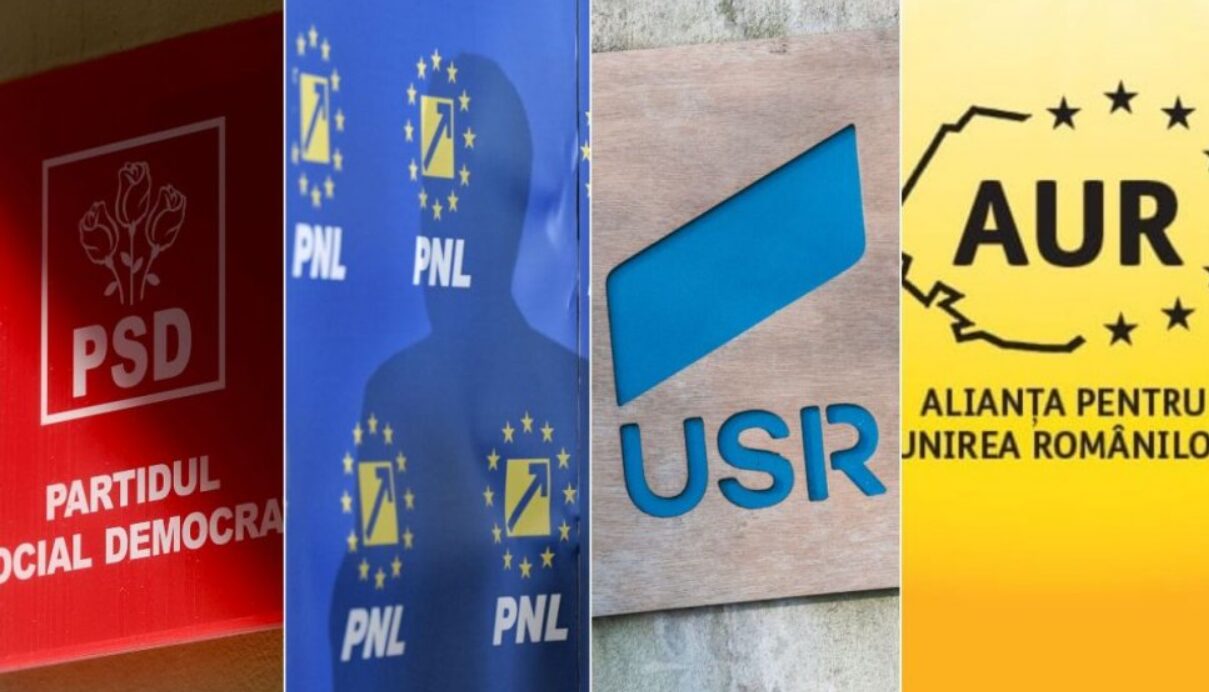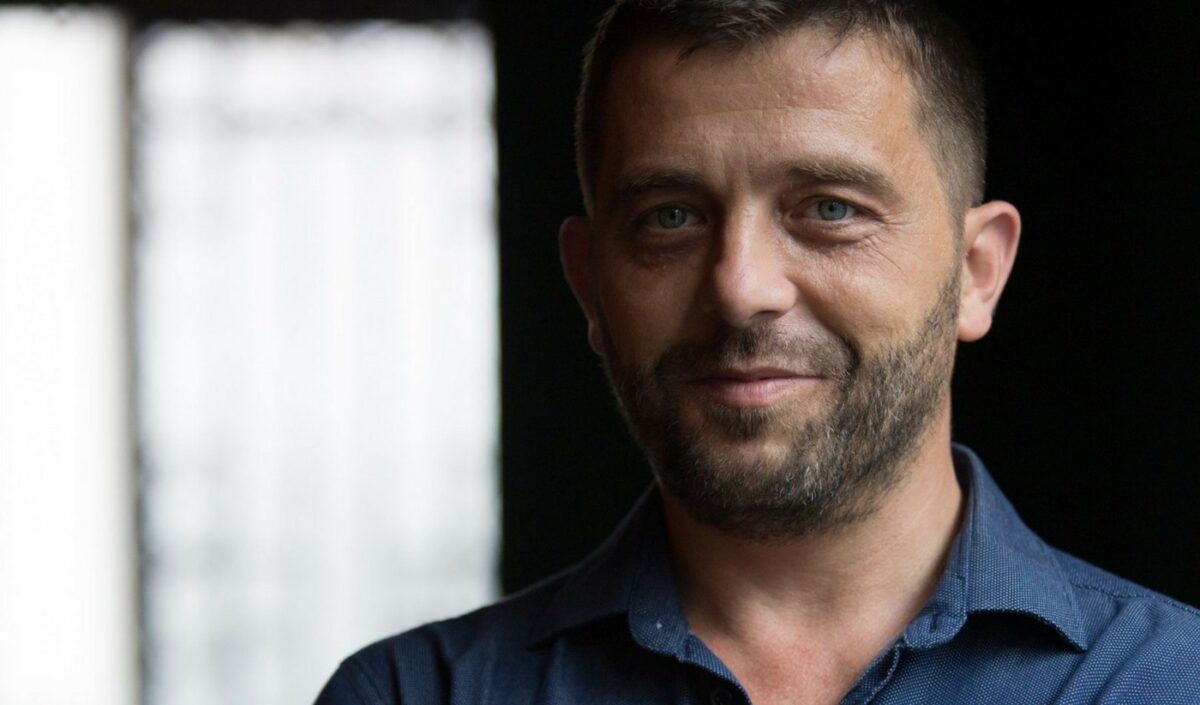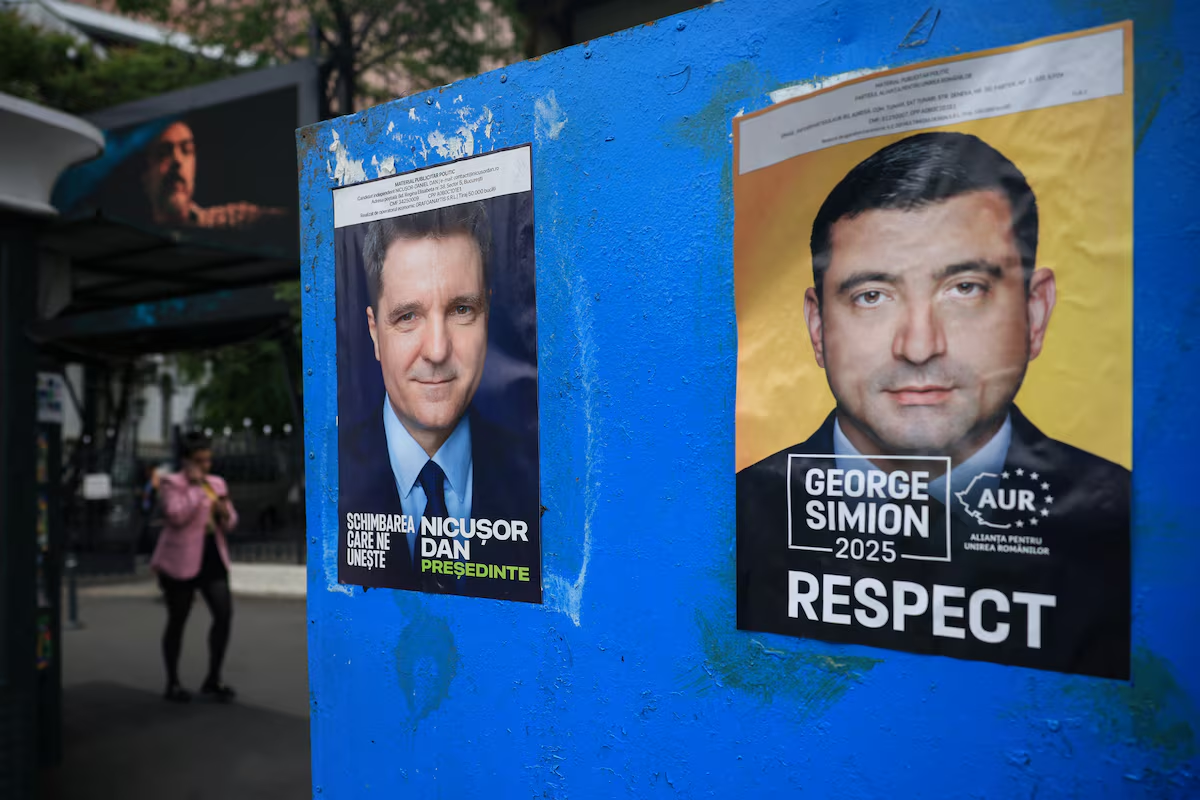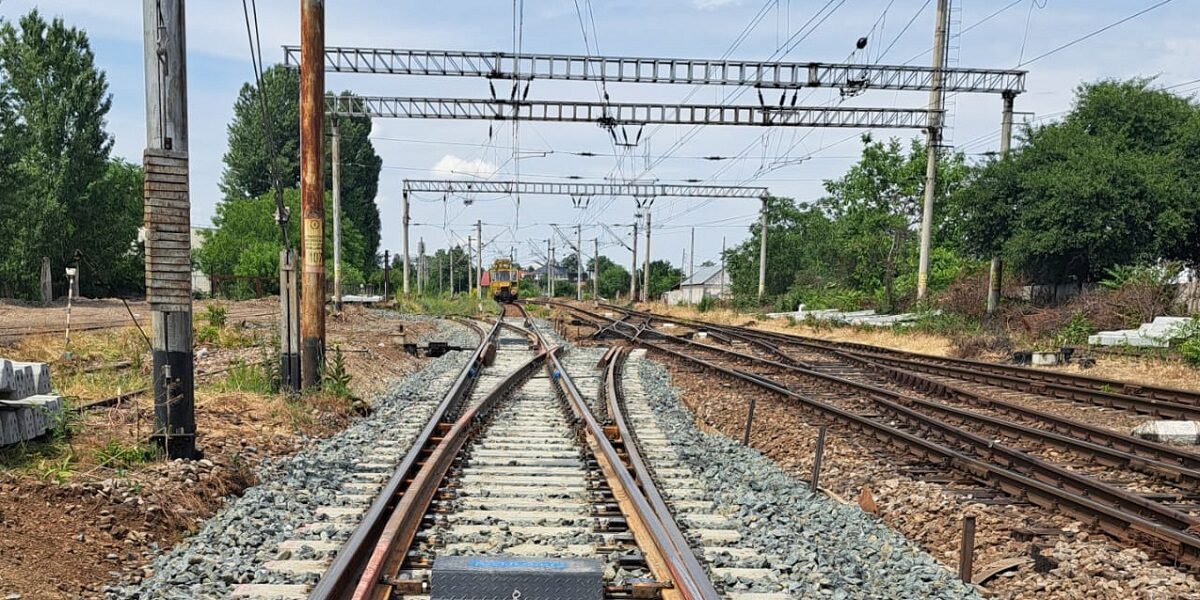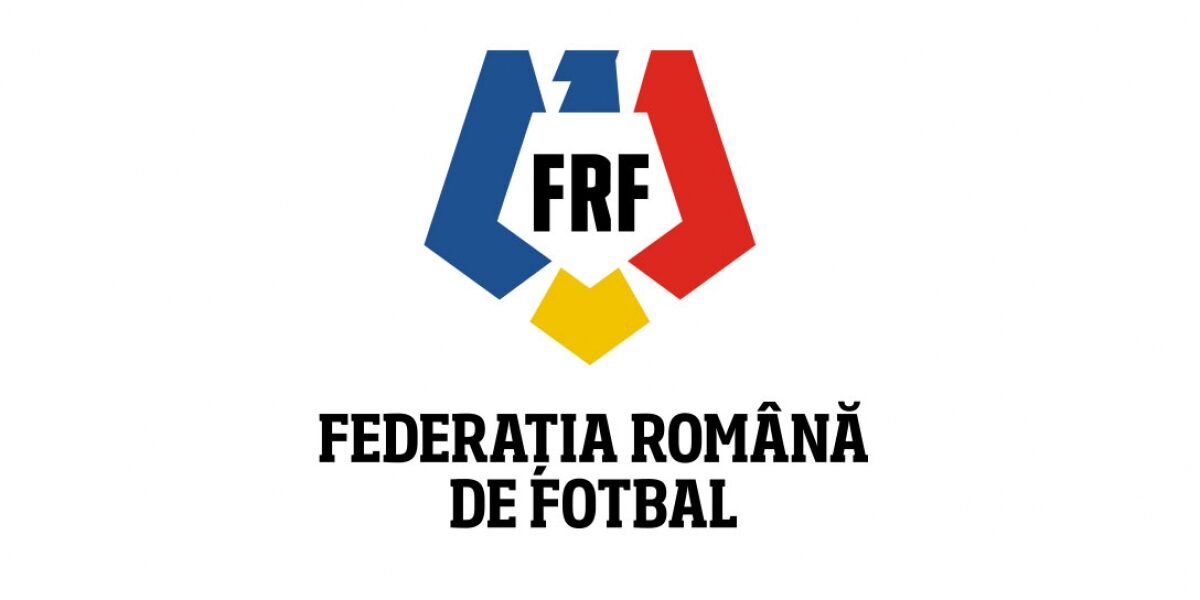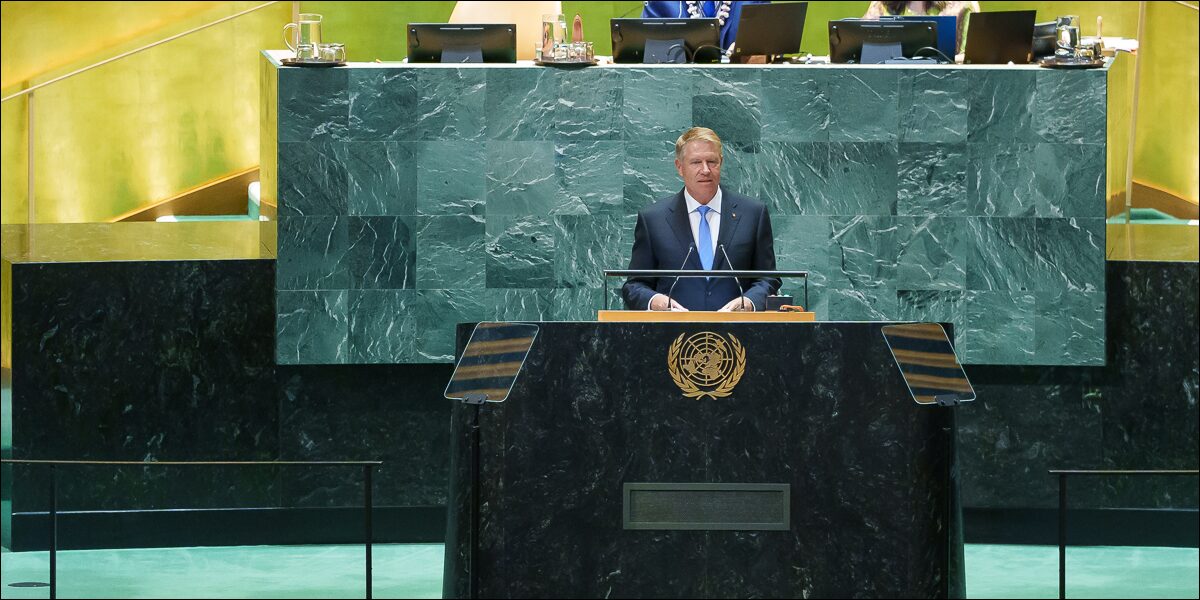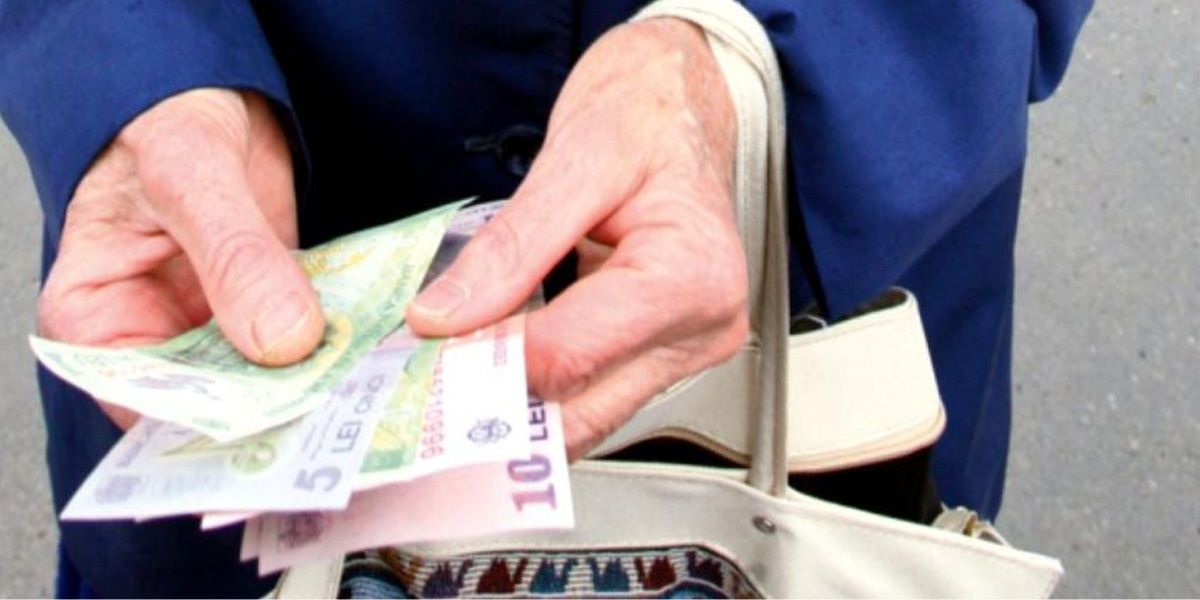AUR (Alliance for the Union of Romanians) was founded in 2019 and participated in elections for the first time in 2020. In just five years, the party led by George Simion has reached 40.8% in the polls, the first time a party with so little experience has achieved such ratings. The ruling parties are suffering in the polls and are being punished by the electorate for their austerity measures.
In the 2024 parliamentary elections, AUR became the second largest party in the country, winning 18% of the seats, 4 percentage points behind PSD (Social Democratic Party) and 4 percentage points ahead of PNL (National Liberal Party), which came in third. The political crisis of 2024, the new presidential election campaign, the decisions of the Constitutional Court and the Central Election Bureau, and remaining in opposition have propelled AUR to 40.8% in the polls and show that it could grow further. INSCOP Research polls conducted over the last four months show that the party has steadily increased its lead and is approaching the record held by the PSD in the 2016 parliamentary elections.
Will AUR repeat PSD’s 2016 result?
In 2016, PSD set a record in Romanian politics. At the time, the party was led by Liviu Dragnea and had left the ruling coalition in 2015. The Social Democrats ran their entire campaign from the opposition, criticising the Cioloș government. With a nationalist, Eurosceptic and populist discourse, the PSD won 45% of the vote in the 2016 parliamentary elections, the highest result ever achieved by a political party.
The PSD’s result surprised everyone, after the party had been the target of all the protests in 2015. Immediately after the victory in the parliamentary elections, Liviu Dragnea continued with populist promises. The PSD opened the spending tap and introduced tax relief after years of economic crisis, but lost popular support after waging war on the justice system.
„Immediately after the new government is sworn in, we will increase the minimum wage from 1,250 lei to 1,450 lei. We will eliminate health contributions for all pensioners. Pensions below 2,000 lei will be exempt from income tax. (..) From 1 March, certain measures will come into force: zero VAT on the sale of housing, advertising and agricultural raw materials. A holiday voucher worth 1,450 lei/voucher will also be granted to each public sector employee. The minimum pension will increase from 400 lei to 520 lei. The tax reduction for micro-enterprises from 2% to 1%,” said Dragnea in December 2016, after winning.
Polls show that AUR is approaching this record in Romanian politics, while PSD and PNL are far behind. AUR has achieved very rapid growth in just five years, while USR (Save Romania Union), a party founded in 2016, has never achieved such results.
The governing coalition is suffering in the polls
The PSD has always been a party dependent on its network of branches and local elected officials, whom it tries to mobilise. This political model is starting to lose its effectiveness, as shown by the presidential elections. The PSD presidential candidates did not receive much help from mayors, and as a result, the Social Democrats failed to make it to the second round for the first time in their history, with two different candidates in just six months.
In 2025, the PSD fell to 17.9% after repeatedly criticising Prime Minister Bolojan in recent months. Even though the Social Democrats are in government, they try to act as the opposition when it comes to certain measures with a major electoral impact.
The other parties in government are also suffering in the polls. The PNL fluctuates between 15 and 17% and depends on Prime Minister Ilie Bolojan. The liberals are the most exposed because they are the first to pay for any mistake made by the government, given that they hold the office of prime minister. They could recover in the coming years if they stabilize the economic situation.
The USR has even more serious problems because it is failing to grow either in opposition or now in government. The party led by Dominic Fritz seems stuck at 13%. Between 2021 and 2024, the USR was in opposition and failed to capitalize on this, being overshadowed by AUR’s strategy. In 2025, it is part of a government that is imposing austerity measures, which is preventing the party from swaying the electorate.
Polls show that AUR’s growth is also due to the problems faced by POT (Party of Young People) and SOS (S.O.S. Romania). The two small parties have fallen below the 5% threshold and would no longer be able to enter Parliament after losing several MPs and being left without groups in the Senate.
Nicușor Dan rules out early elections
The big challenge for AUR is to maintain this advantage until the next elections in 2028. George Simion said he would like to see a PSD coalition government as early as this fall, but his statement seemed more like an attempt to put the Social Democrats in a difficult position.
„The PSD always has the opportunity to return, to come to the Romanian people, by accepting a government with Călin Georgescu as prime minister. Will it do this? That is what I would have done as president of the country,” Simion said.
The PSD refused, and with this refusal, it consolidated its support for Prime Minister Ilie Bolojan, famous for his austerity measures.
AUR should study the case of the PNL in 2020. In 2019, the liberals came to power and tried to organize early elections in the spring of 2020. Before the pandemic began, the PNL had 47% in the polls, and in March 2020 it was sitting at 40%. The Covid-19 pandemic prevented the liberals from holding elections and they did not take advantage of that electoral lead. In December 2020, when citizens were called to the polls to vote for the new Parliament, the PNL only got 25%.
Nicușor Dan ruled out early parliamentary elections if the current governing coalition ceases to function. The president is the one who decides to dissolve Parliament, and he will certainly not do so if AUR is polling at 40%.
„Early elections are out of the question, at least in my opinion, because early elections mean instability, which Romania cannot afford at this moment,” said the president.
In conclusion, the parties are obliged to resolve their issues within the next three years. AUR faces the major challenge of maintaining its electoral advantage, while the parties in the governing coalition will attempt to recover lost votes. Everything will depend on the economic and geopolitical challenges facing Romania.
Autor
Urmărește știrile PSNews.ro și pe Google News


